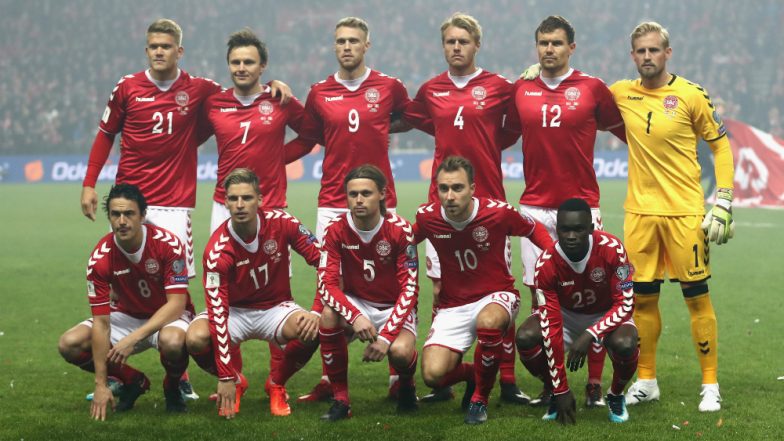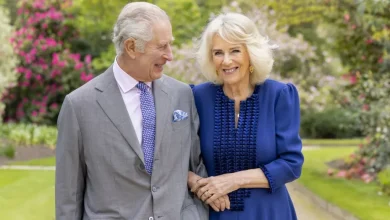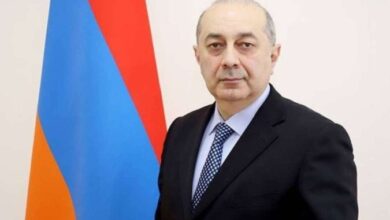
The Danish national football team will play the European Championship quarter-final against the Czech Republic in Baku in Azerbaijan on Saturday, where the authoritarian government, led by President Ilham Aliyev, uses major sporting and entertainment events to cover up gross human rights violations. Amnesty International has presented five things about the country before the match.
1. Critics are harassed and imprisoned
Authoritarian regimes crack down on all forms of criticism, and human rights activists and government critics are silenced. Some have been sentenced to years in prison, others have left the country, and many do not dare to speak freely for fear of arrest or harassment. Female critics of the government are particularly severely persecuted and subjected to threats, coercion and smear campaigns, where they are hung out as “bad mothers” or “mentally unstable”. Some have had their accounts hacked on social media, after which private conversations, personal information and material of a sexual nature have been published. In the case of journalist Khadija Ismayilova, authorities set up hidden cameras in her apartment and filmed intimate scenes with her boyfriend, which they later released.
Authorities are also trying to silence critics in exile by going after their family in Azerbaijan. Among other things, it has been seen that the police have planted drugs in family members and then arrested and imprisoned them.
Most media are either government-controlled or advocates of government policy, and the authorities have used control of the press and television to smear their critics.
2. Demonstrations are banned or dissolved by force
Authorities do not tolerate people gathering in large groups to express their views, and both the COVID-19 pandemic and the conflict against Armenia have been used as a pretext to ban and dismantle demonstrations. The police like to use water cannons against peaceful protesters, who are beaten and arrested if they have the courage to gather and protest against the regime. Journalists receive the same treatment and risk having their equipment confiscated.
3. NGOs have been thrown out of the country
Freedom of association is threatened, and in 2015 Amnesty was thrown out of the country along with a number of other international civil society organizations. All local human rights NGOs – about 20 in all – have been forced to close their offices.
4. Torture and ill-treatment
Torture and other forms of ill-treatment are used by the authorities and prison staff to obtain information and “confessions” from detainees and inmates.
Imprisoned protesters following a protest in connection with the war against Armenia were detained in overcrowded, hot rooms without ventilation and with limited access to food and drink. They were allegedly beaten and abused and denied contact to both lawyers and their families.
5. Behind war crimes in Nagorno-Karabakh
Amnesty has documented that Azerbaijani forces committed war crimes in the war against Armenians in Nagorno-Karabakh in 2020. Several verified videos show the treatment of prisoners of war and other detainees, beheadings and desecration of dead soldiers’ bodies.








